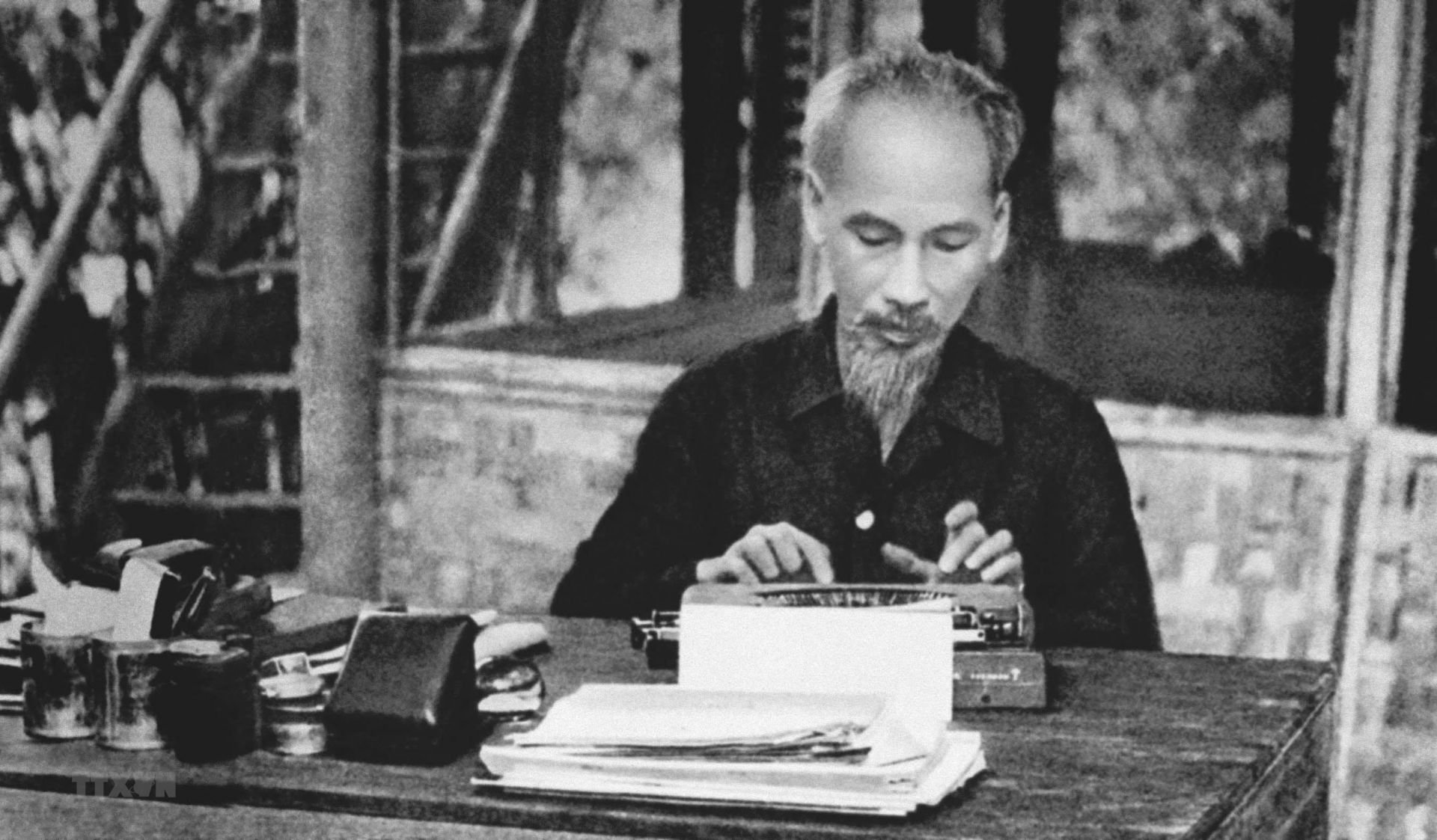 |
| President Ho Chi Minh worked in the Viet Bac resistance base during the resistance war against France. (Photo courtesy of VNA) |
For any visitor to the vibrant city of Tel Aviv, the Ben Gurion Museum is a must-see destination, especially for those looking to delve into Israel's history and heritage.
This is not just an ordinary museum, but also a living monument, recreating the life and career of David Ben Gurion, the founder of the State of Israel and the first Prime Minister of this country.
The David Ben Gurion Museum not only displays his personal memorabilia, but also recounts the life and career of one of the most important leaders in the history of the State of Israel.
The museum not only focuses on leader Ben Gurion but also provides a comprehensive look at the formation of the State of Israel, depicting the challenges the country faced in its early years, from the struggle for independence to nation-building in a turbulent political context.
Located in the house where Prime Minister Ben Gurion lived during his final years, the museum offers visitors a unique experience, allowing them to step into the living space of one of the most important leaders of the 20th century.
The exhibits range from writings, photographs, recordings to personal belongings of Ben Gurion and his contemporaries, helping visitors better understand his policies, vision and influence on the development of the State of Israel.
In the process of learning about the first Prime Minister of Israel, a Vietnamese reporter in Israel discovered the special connection between President Ho Chi Minh and Prime Minister Ben Gurion.
According to Israeli documents and press reports, the two leaders had a chance meeting in 1946 at the Royal Monceau Hotel in Paris, France, when both were seeking international support for their people's struggle for independence.
Fascinated by history and the spirit of the indomitable struggle for freedom, the two leaders had intimate conversations that lasted about two weeks.
At the time, Mr. Ben Gurion, as head of the Jewish Agency, was contemplating his organization's next steps after "Black Saturday" - the arrest of 3,000 Jews and the sealing of Jewish Agency buildings.
Paris, in the early postwar years, was the center of the Zionist movement in Europe, where Ben Gurion helped coordinate the emigration of Holocaust survivors, whom he hoped would contribute to the creation of a new Jewish state.
Interestingly, President Ho Chi Minh’s room was located just above Prime Minister Ben Gurion’s room at the Le Royal Monceau Hotel. That summer, President Ho Chi Minh went to Paris to participate in the Fontainebleau negotiations on Vietnam’s independence.
According to Prime Minister Ben Gurion's later account to the famous former Israeli journalist Maariv Shmuel Segev, who later wrote a book about Vietnam, during those two weeks, he and President Ho Chi Minh met every day to exchange views on the path to independence for their nation.
He recalled: “He (President Ho Chi Minh) gave people the impression of being a lovable person, a nationalist leader, fighting for the national independence of his people.”
Prime Minister Ben Gurion also recounted how he could judge the progress of Vietnam's negotiations with France by the length of the red carpet in front of Uncle Ho's room. At first, the red carpet stretched from the street to the door of the room... In stages, the red carpet was removed from the sidewalk outside, the lobby and the stairs. When the carpet outside his door was removed, he knew that the negotiations had failed.
A few hours later, President Ho Chi Minh came to his room to say goodbye, looking tired and disappointed. He told Prime Minister Gurion that "there was nothing left but to fight". A few months later, the First Indochina War began between Vietnamese and French forces.
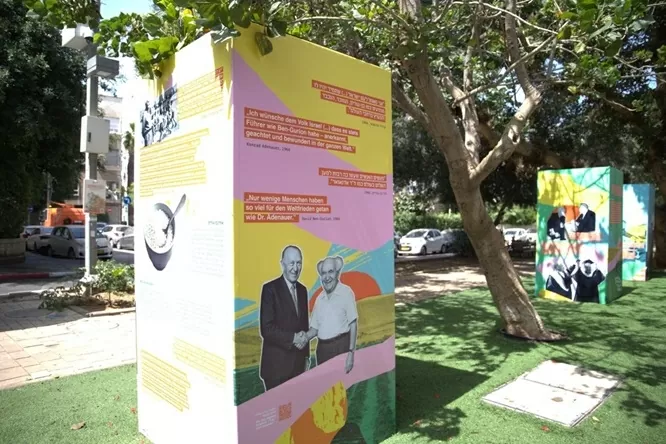 |
| The Ben Gurion Museum features a wide range of exhibits, from writings, photographs, audio recordings, to personal artifacts of Ben Gurion and his contemporaries. (Source: VNA) |
Although it did not lead to concrete cooperation between Vietnam and Israel at that time, the meeting was a testament to President Ho Chi Minh’s international vision and solidarity with national liberation movements around the world. At the same time, this also showed that both leaders were revolutionaries with clear ideals and goals of national independence.
For many Israelis, even though they have never been to Vietnam, President Ho Chi Minh is a great historical figure with international influence. According to them, President Ho Chi Minh was a resilient, intelligent and far-sighted leader. He not only fought for national independence but also inspired other national liberation movements around the world.
His story of perseverance, sacrifice and determination can be an inspiration to many people in different countries, including Israel.
Vietnam and Israel established official diplomatic relations on July 12, 1993, and Israel opened an embassy in Hanoi in December 1993. The first Vietnamese Ambassador to Israel, Mr. Dinh Xuan Luu, presented his credentials to Israeli President Shimon Peres on July 8, 2009.
Prime Minister Ben Gurion's recollections of his meeting in Paris with the tall, thin Vietnamese man with bright eyes and a high forehead highlight the convergence of two revolutionary movements in one place and offer a unique perspective on one of the most important periods of the 20th century.
Also from the above historical story, in 2020, the Ho Chi Minh Museum and the Ben Gurion Heritage Institute signed a cooperation agreement to research and organize exhibitions about the life and career of the two leaders, contributing to enhancing mutual understanding between the Vietnamese and Israeli people.
Source: https://baoquocte.vn/chu-president-ho-chi-minh-va-phap-quoc-israel-david-ben-gurion-cuoc-gap-go-cua-nhung-nha-tu-tuong-lon-314119.html







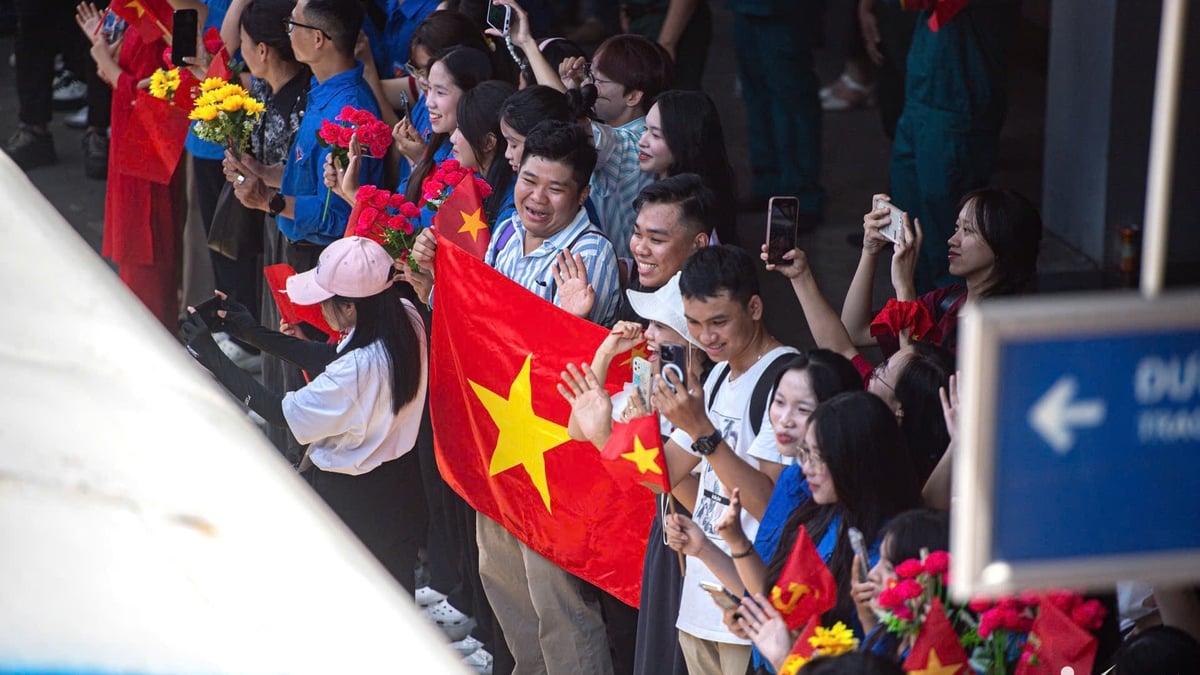
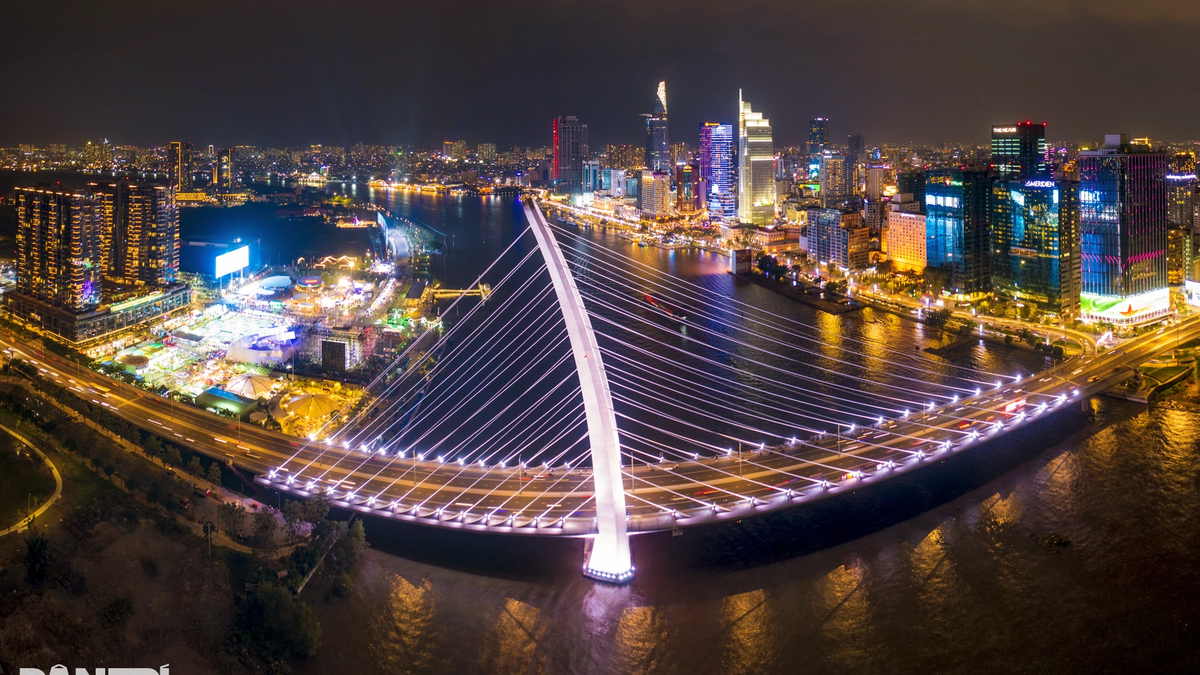




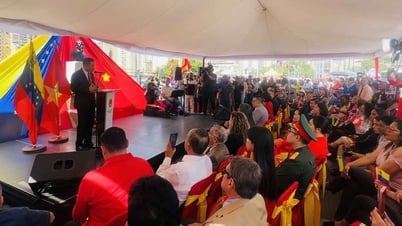
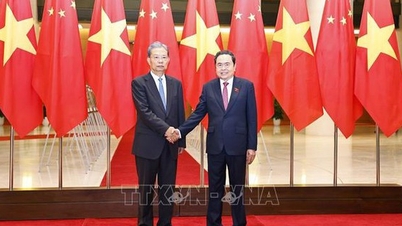
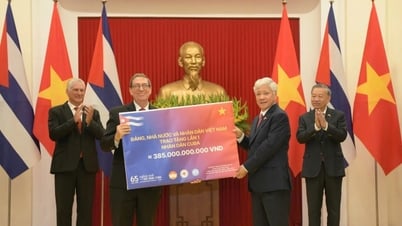




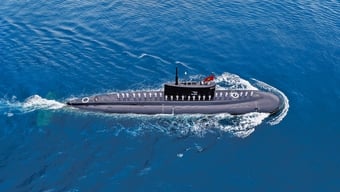

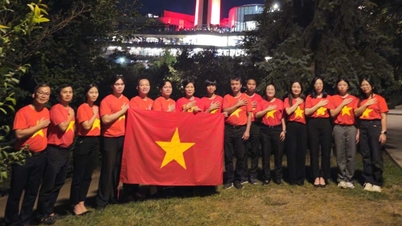

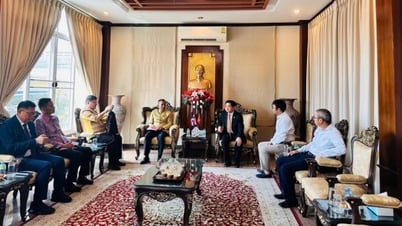
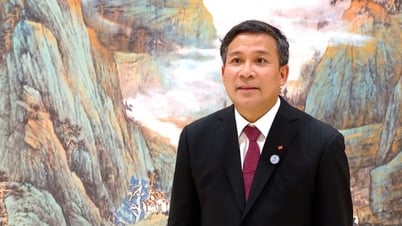
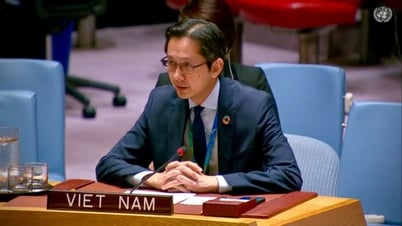
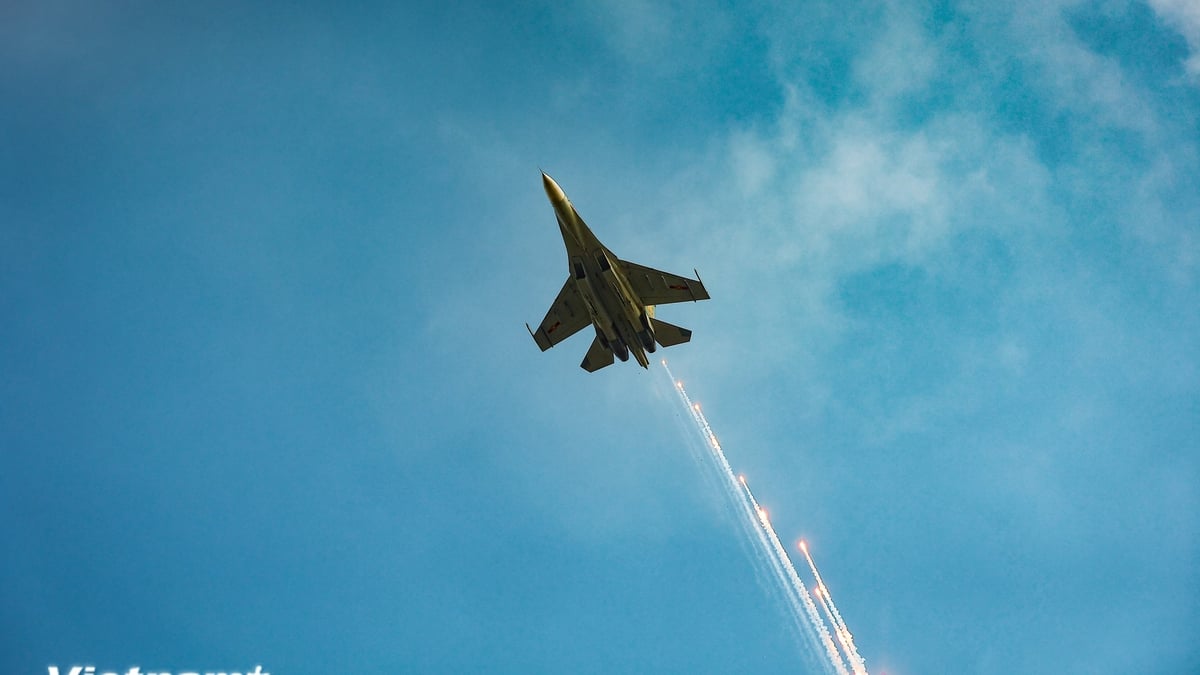
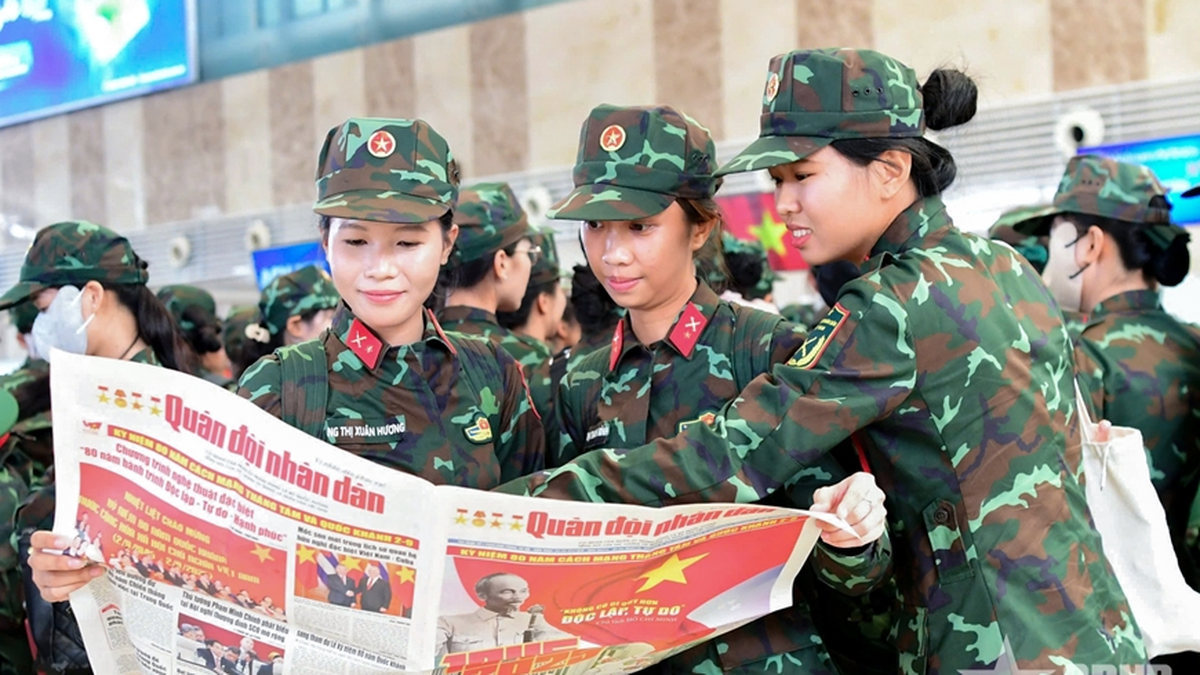
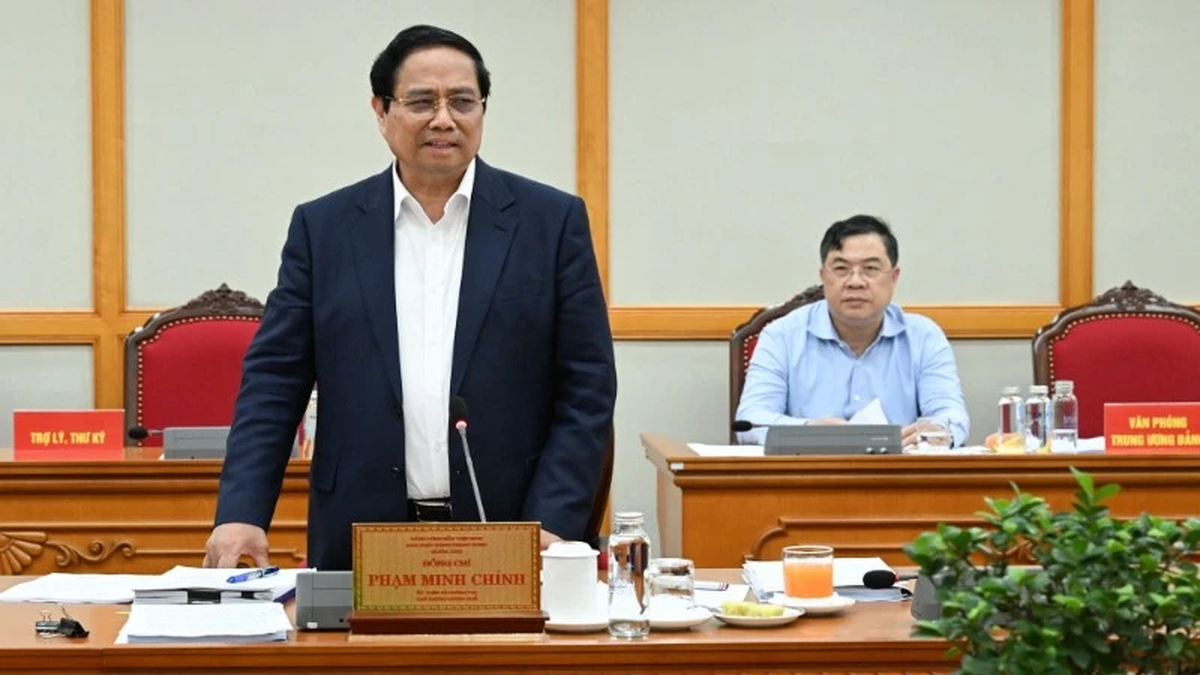


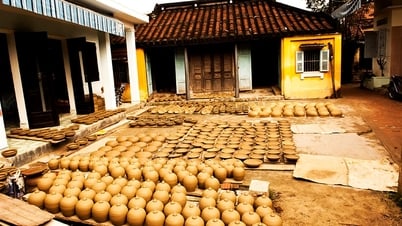

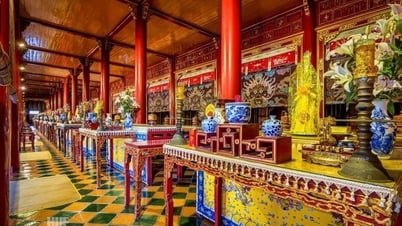

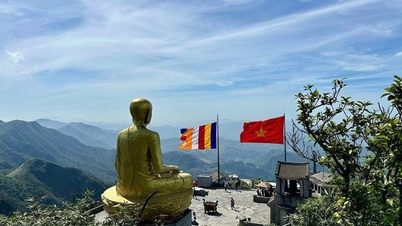




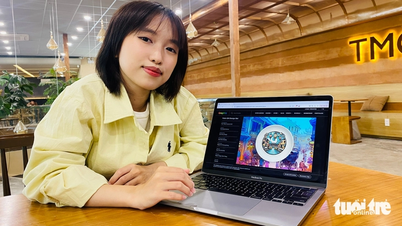





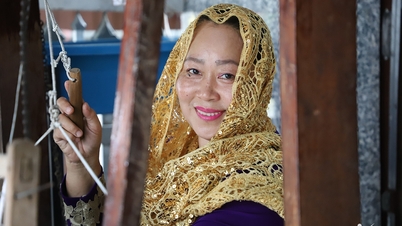

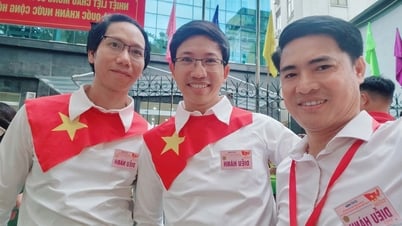

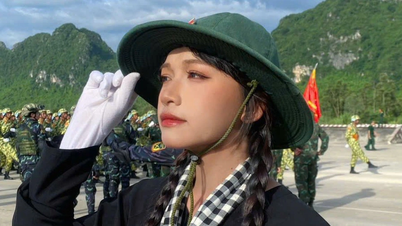
![[VIDEO] Propaganda and promotion of the use of E10 RON95 gasoline products in Quang Ngai | QNgTV](https://vphoto.vietnam.vn/thumb/402x226/vietnam/resource/IMAGE/2025/9/4/eeb7f42edd2745a482b4e5fd2f10e9b2)

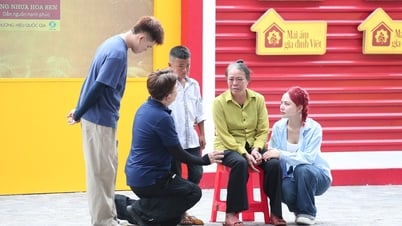

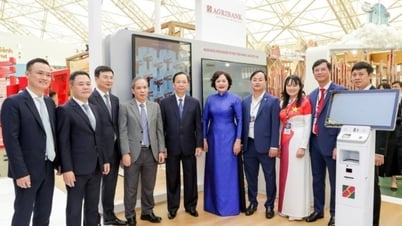


![[VIDEO] Petrovietnam – 50 Years of Keeping the Heritage Torch, Building National Energy](https://vphoto.vietnam.vn/thumb/402x226/vietnam/resource/IMAGE/2025/9/3/3f5df73a4d394f2484f016fda7725e10)
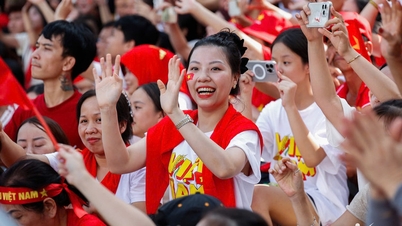

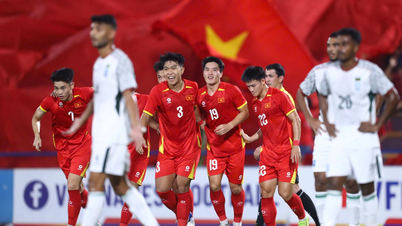
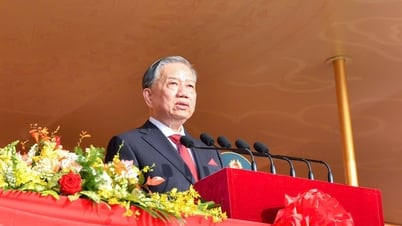
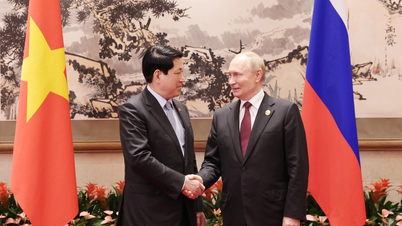

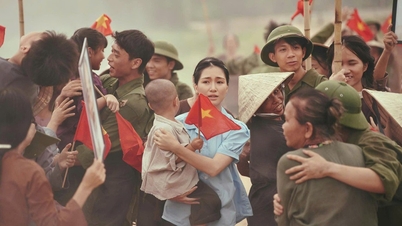


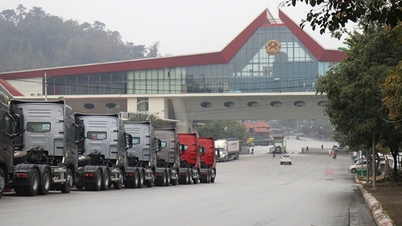


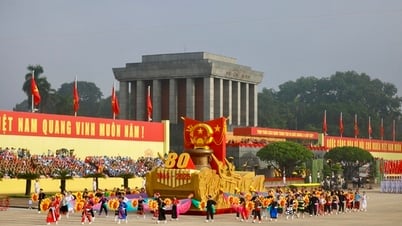

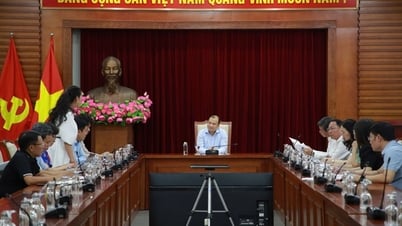
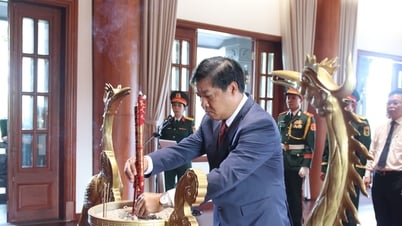

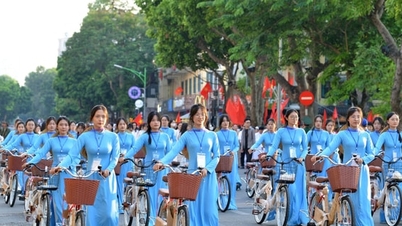









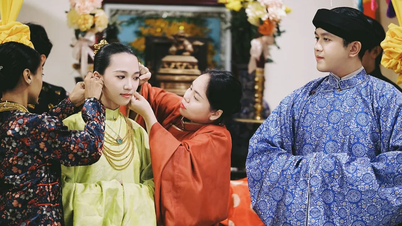



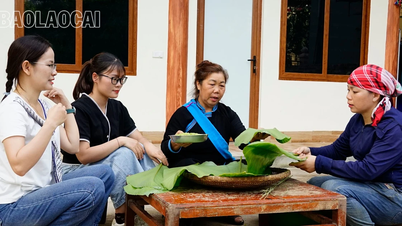




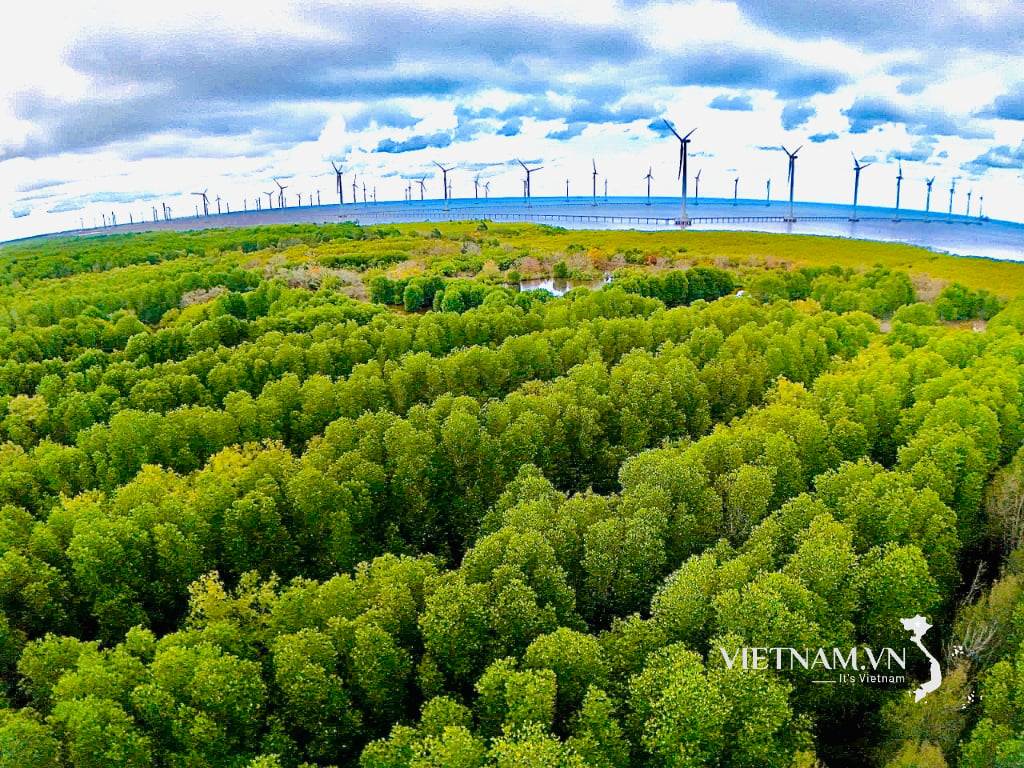
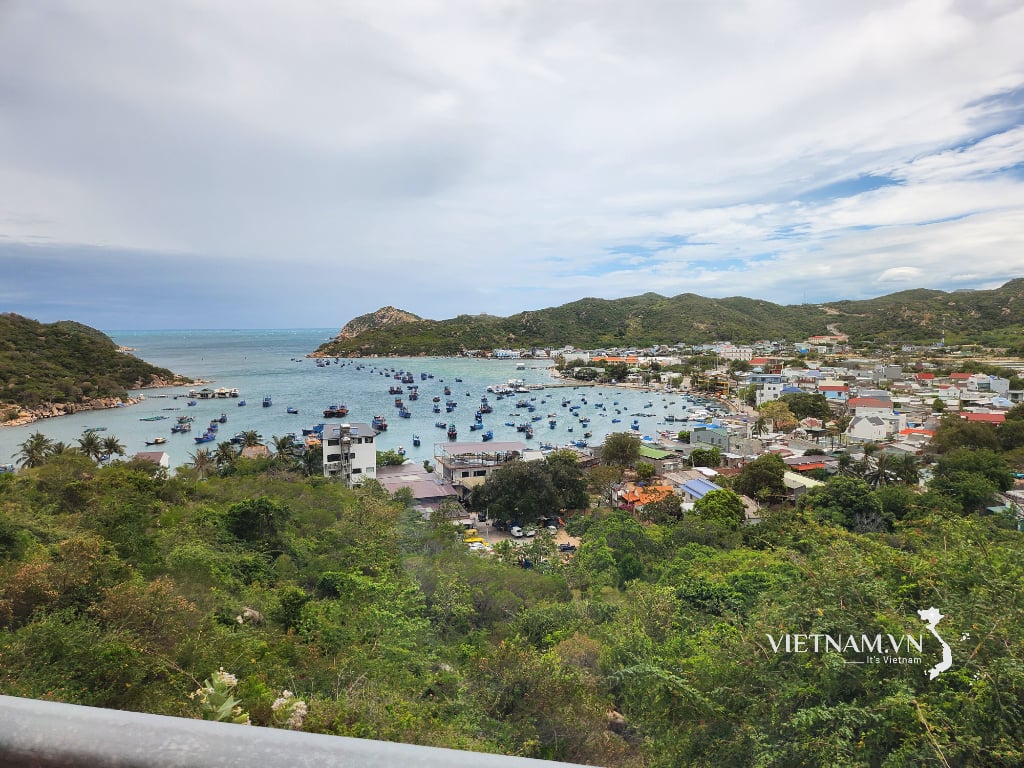
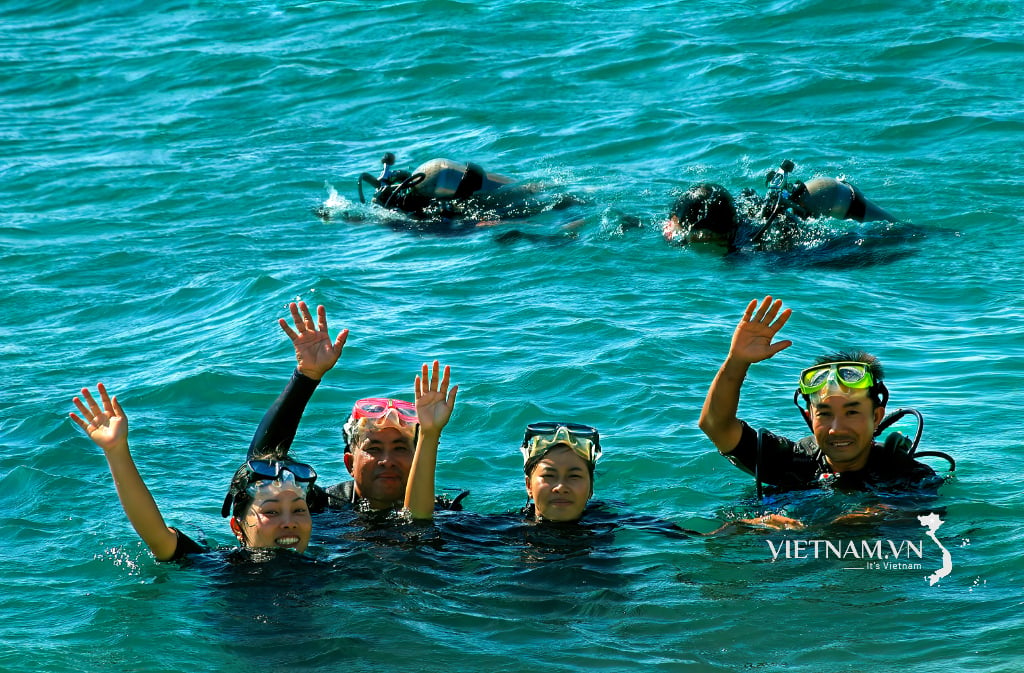
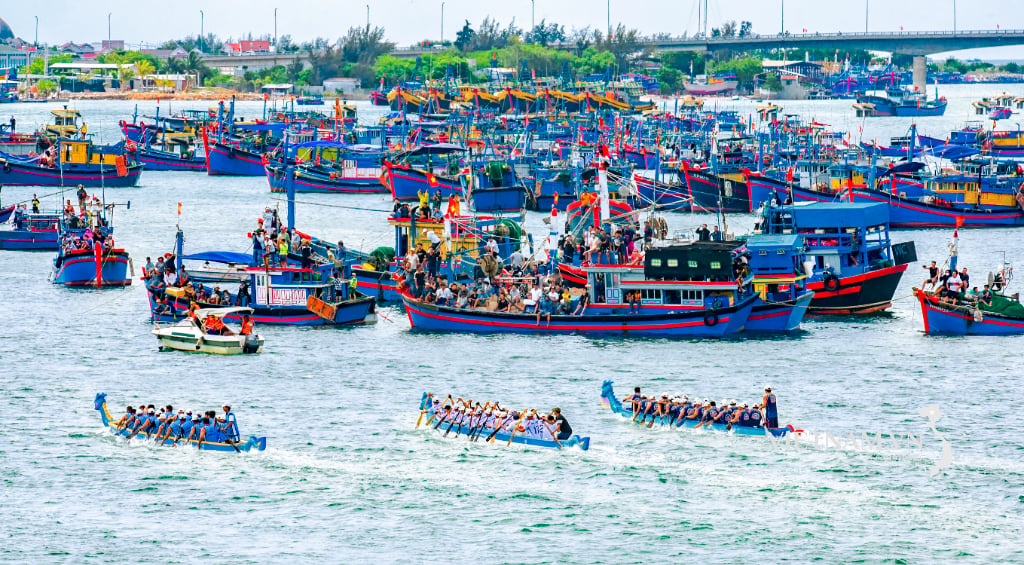
Comment (0)